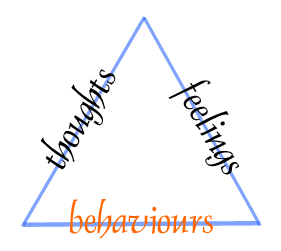
Everyone understands what physical pain is. And the medical world is full of treatments and painkillers to eliminate this pain. But psychological pain is not that well-known and treating it is a bit more challenging.
Physical pain comes from damage to the tissues of the body. Psychological pain is a suffering with no apparent physical origin. You can even say that all the feelings we don’t like – sadness, grief, anger, contempt, frustration, rage, depression, etc. – are forms psychological pain.
Physical pain is often localized, temporary and associated with some harmful or damaging physical trigger. Psychological pain is a more generalized, lasting, unpleasant feeling resulting from an inability of to cope with emotional challenges. But sometimes, it manifests just like physical pain does.
Read How to Vaporize Psychological Pain with Psychological Painkillers »















